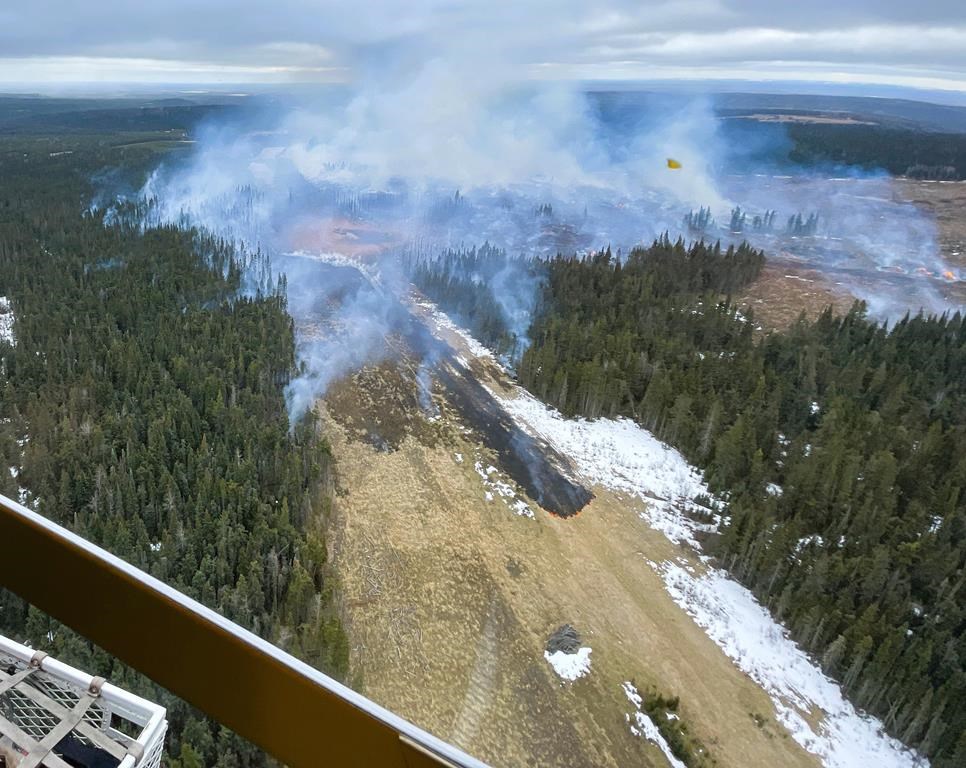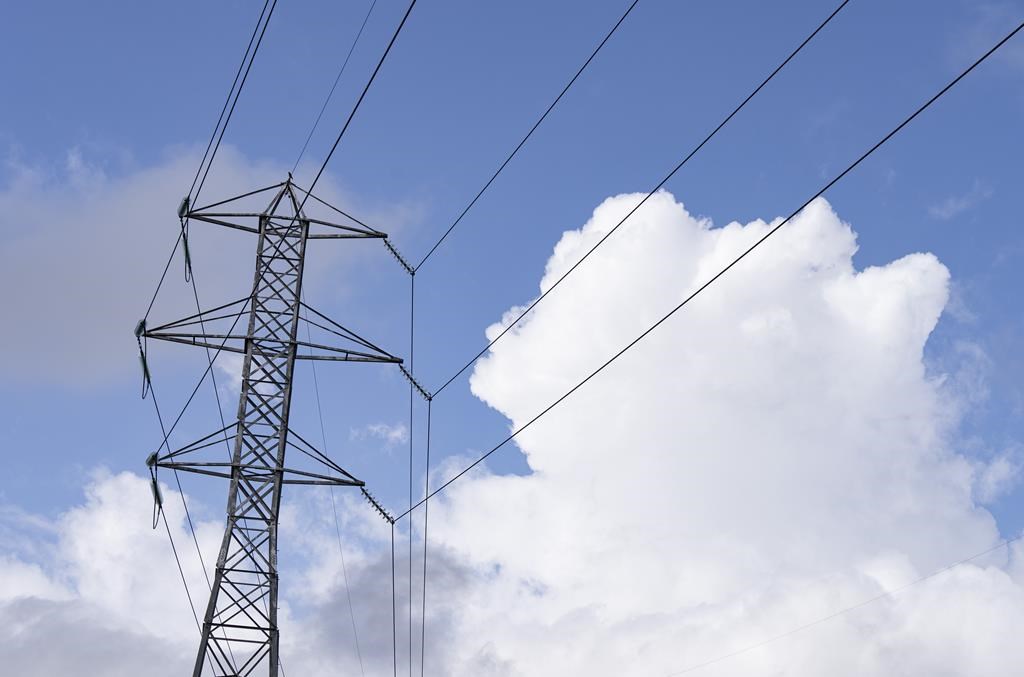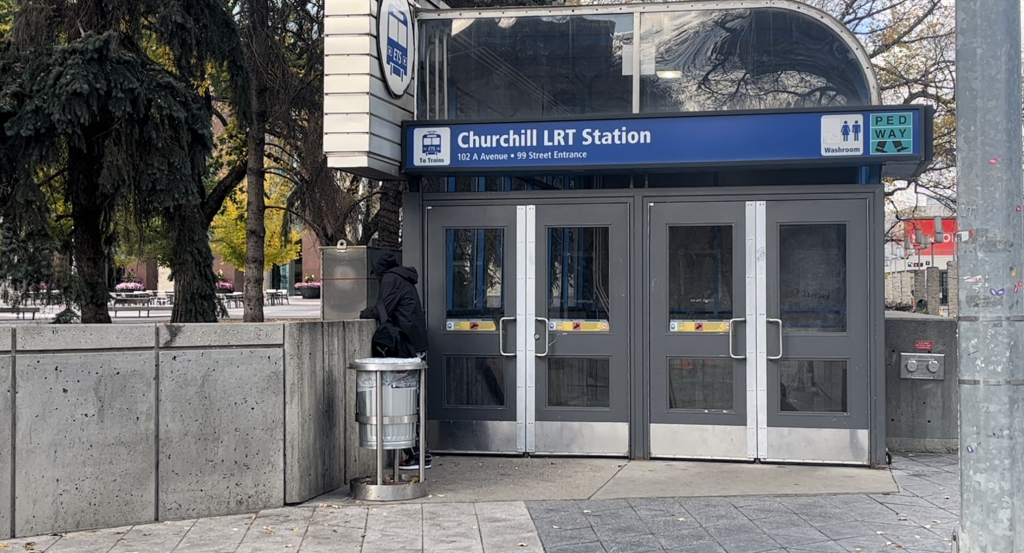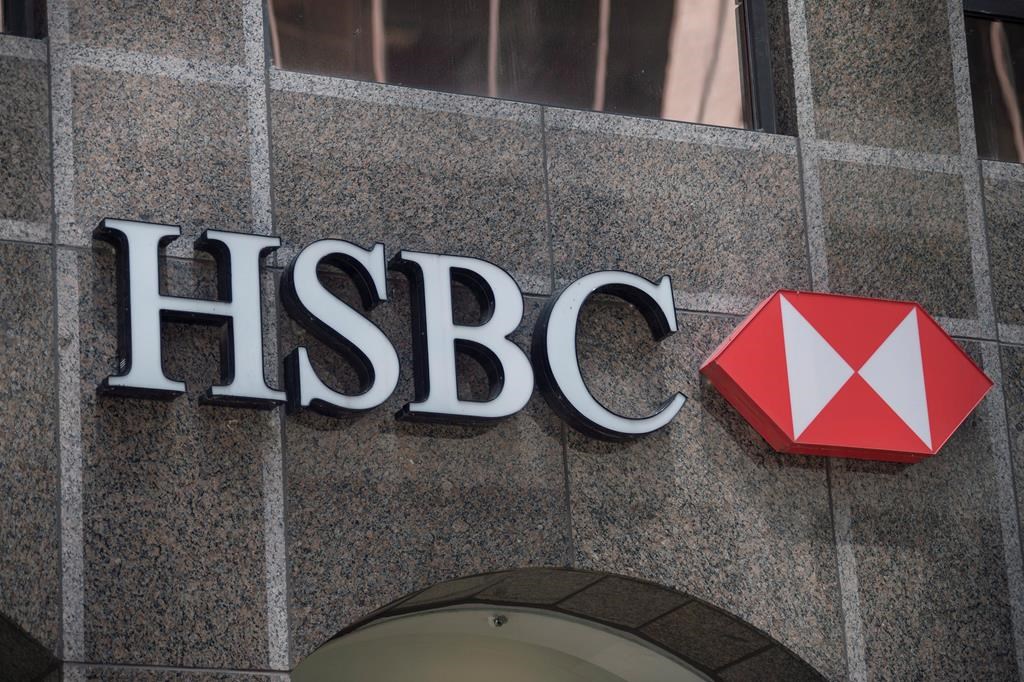China formally arrests two detained Canadians in case linked to Huawei
Posted May 16, 2019 2:56 am.
Last Updated May 16, 2019 2:23 pm.
BEIJING — China has formally arrested two Canadian citizens it’s believed to be holding to pressure Canada into releasing a Chinese telecom executive.
The move brings the two men, Michael Kovrig and Michael Spavor, closer to trial on vaguely defined state security charges.
Chinese Foreign Ministry spokesman Geng Shuang told The Associated Press on Thursday that Kovrig and Spavor have been arrested for allegedly stealing state secrets, but gave no other details.
“Canada strongly condemns their arbitrary arrest,” reads a statement from Global Affairs. “We reiterate our demand that China immediately release Mr. Kovrig and Mr. Spavor.”
RELATED: Canadian consular officials in China meet with detainee Michael Kovrig
Kovrig is a former Canadian diplomat and expert at the International Crisis Group, and Spavor is a businessman with lengthy experience in North Korea.
Public Safety Minister Ralph Goodale says both men are innocent.
“We believe that very strongly,” Goodale adds. “There is no evidence that there’s been produced that would indicate any validity to the allegations that have been made against them.”
On the formal arrests of Canadians Michael Kovrig and Michael Spavor, Prime Minister @JustinTrudeau says the government will continue to work with allies and Chinese officials to secure their release #cdnpoli
— Cormac Mac Sweeney (@cmaconthehill) May 16, 2019
Both were arrested on Dec. 10 after Meng Wanzhou, a senior executive with telecom giant Huawei, was arrested in Vancouver on Dec. 1 at the request of U.S. authorities.
The U.S. wants her extradited to face fraud charges.
WATCH: China claims two detained Canadians are spies
The U.S. Department of Justice has laid out 13 criminal counts of conspiracy, fraud and obstruction against Huawei and Meng, who is the daughter of company founder Ren Zhengfei.
Both Meng and the company have denied any wrongdoing and the case has set off a diplomatic furor, with China’s embassy calling it “political persecution” against a Chinese high-tech enterprise.
“Canada continues to express its appreciation to those who have spoken in support of these detained Canadians and the rule of law,” reads the Global Affairs statement. “This includes Australia, the EU, France, Germany, the United Kingdom, the United States, the Netherlands, Latvia, Lithuania, Estonia, Spain, Denmark, NATO, and the G7.”
-With files from The Canadian Press and Cormac Mac Sweeney








